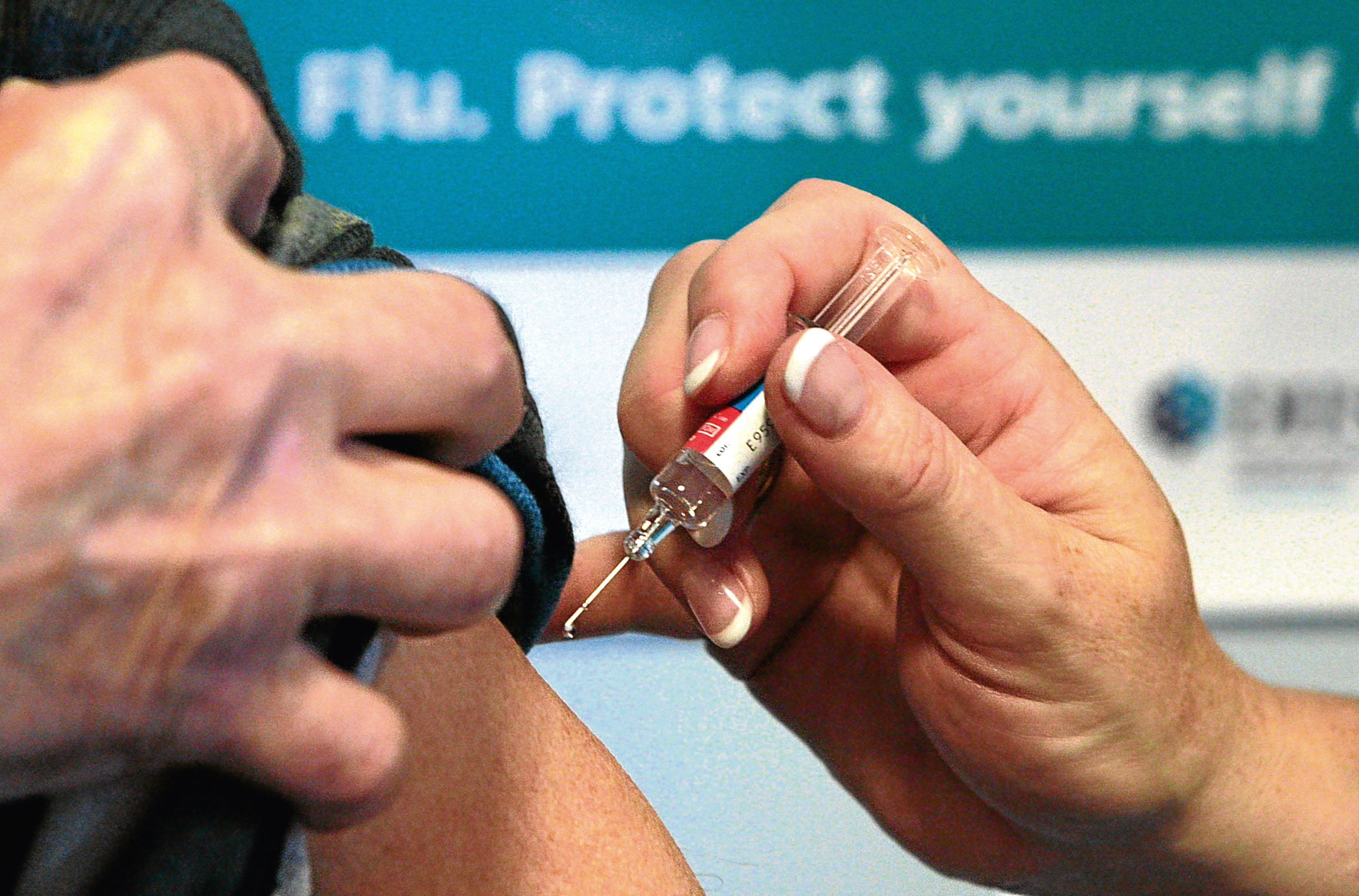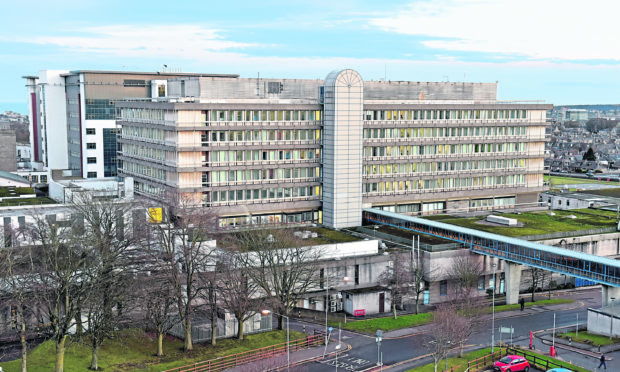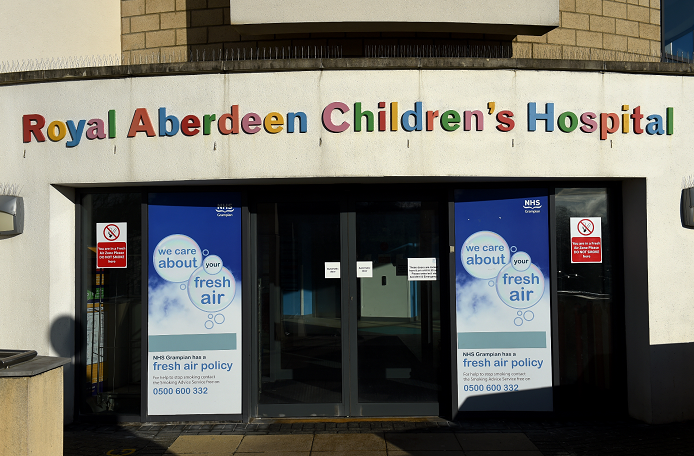NHS Grampian will plough an extra £1 million into an action plan designed to help hospitals cope with a surge in demand over the winter.
Health chiefs hope the new scheme, which will be discussed at a board meeting today, will prevent accident and emergency departments from becoming inundated and free up badly-needed beds.
It is hoped that the raft of measures will also improve waiting times and ease the pressure on staff over the traditionally busy period.
The extra cash will be spent on staff to “support additional capacity”.
For the first time, the winter plan includes aims to draft in extra employees to cover an increase in beds available at Aberdeen Royal Infirmary (ARI) and community hospitals across Aberdeenshire.
When “staffing challenges” appear within those smaller hospitals, extra medics might be deployed there to help manage patient flow.
To prevent overcrowding, 36 new beds will be made available at ARI alongside four additional beds for stroke patients.
And five “very sheltered housing” flats and 20 new social care beds will operate as halfway houses between hospital and home for patients who are on the mend.
The document states: “The increased rate of complex emergency admissions underlines the importance of surge and capacity planning, in order to be sufficiently prepared for the winter period.”

The action plan has been developed around “lessons learned” from previous years.
Last year unscheduled attendances across Grampian increased by 2.2% with Royal Aberdeen Children’s Hospital’s emergency department reporting the greatest increase – of 5.7%.
Elective admissions – when a patient has a bed booked by a doctor – averaged at 174.1 per day, an increase of 13.8% from the same period in 2017/18.
Meanwhile, daily emergency admissions across all sites in Grampian averaged 154.4 per day, an increase of 1.3% compared to the year prior.
The plan will combat a “backlog of activity” commonly seen over Christmas and New Year, and prepare for severe weather that can cause “significant, even extreme disruption”.
GP practices will be set up to offer “on the day” appointments based on demand and there will be awareness campaigns to ensure people attend at the “most appropriate service for their needs”.
Board papers added that the number of people receiving a flu vaccination decreased last year.
The target uptake of 75% was not achieved in any risk group apart from people older than 75.
The most significant decrease in uptake was identified in pregnant women – which was down 6.8% in those with other underlying medical conditions and 3.4% in those with no other risk factors.
The number of diabetic patients receiving the vaccination dropped by 3.3%.
The health board has vowed to encourage more people to get their flu vaccination, which in turn could prevent hospital admissions over the winter period.
The jab will be offered to transport and infrastructure staff across Aberdeenshire, in particular the essential workers associated with snow clearing and gritting.
A “UK-wide issue” affecting the supply of the vaccine, the nasal spray called Fluenz Tetra, means that pupils across the region are missing out.
The Scottish Government advised NHS Grampian to prioritise its remaining existing stock of the vaccine for children aged between two and five, who are not yet in school, and those aged five to 18 with underlying health conditions.

Yesterday, an NHS Grampian spokeswoman said: “We are currently working to find alternative ways in which we can make vaccinations available to pupils whose inoculation has been postponed, once the supply of vaccine resumes.”

